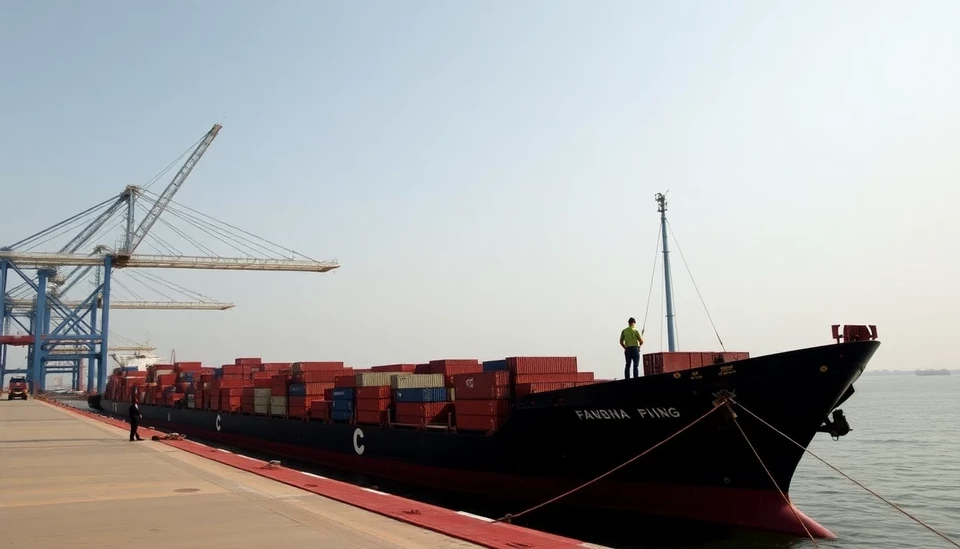
Recent research has indicated that India is grappling with a significant decrease in export growth as the United States strategically redirects its trade focus from China. This shift in global supply chains is not only causing economic ripples but also placing India at a competitive disadvantage compared to its regional rivals, such as Bangladesh and Vietnam.
The analytical report, which studied various economic indicators from the past few years, highlights an alarming trend: while US exports to Vietnam saw a remarkable increase of over 40% from 2019 to 2022, India's export growth has stalled. This divergence can be attributed primarily to the evolving dynamics in the US-China trade relations, where American companies are looking to diversify their supply chains and are increasingly opting for South Asian manufacturing alternatives.
One of the critical points raised in the study is that the US-China trade war, intensified by escalating tariffs and geopolitical tensions, has led American manufacturers to reassess their sourcing strategies. Many have turned towards countries like Vietnam and Bangladesh, which offer competitive labor costs and favorable trade agreements with the US.
In contrast, India's growth in exports has faltered during this transformational period. Factors such as higher production costs, regulatory challenges, and infrastructure deficits have hindered India’s ability to fully capitalize on the shifting trade dynamics. While the Indian government is making efforts to boost manufacturing through initiatives like 'Make in India,' these measures have not yet translated into the robust export growth needed to compete effectively in the global market.
Interestingly, sectors that were previously dominated by India are now seeing increased competition from its Southeast Asian neighbors. For example, the garments and textiles sectors, which have traditionally been strongholds for Indian exporters, are beginning to see a notable decline in market share as manufacturers in Vietnam ramp up production and secure lucrative contracts with US retailers.
Experts have noted that if India does not take decisive steps to revamp its export model and enhance its manufacturing capabilities, it risks falling further behind its competitors. Opportunities abound, but effectively positioning the country as a manufacturing hub would require significant investment in innovation, skills development, and improved infrastructure.
Looking ahead, the study suggests that India's ability to adapt will be crucial to its economic future amidst a rapidly evolving global trade landscape. Policymakers are urged to engage in strategic reforms that would not only bolster the manufacturing sector but also foster an environment conducive to attracting foreign investments.
As the US continues to pivot away from China, the onus is now on India to seize the moment and ensure that it remains a key player in the global economic arena.
In conclusion, the findings of this study serve as a wake-up call for India, emphasizing the urgent need for comprehensive policy changes that address current challenges and leverage the shifting landscape in international trade.
#India #Trade #USChinaRelations #ExportGrowth #Manufacturing #EconomicStrategy #GlobalTrade #Bangladesh #Vietnam #MakeInIndia
Author: Laura Mitchell




